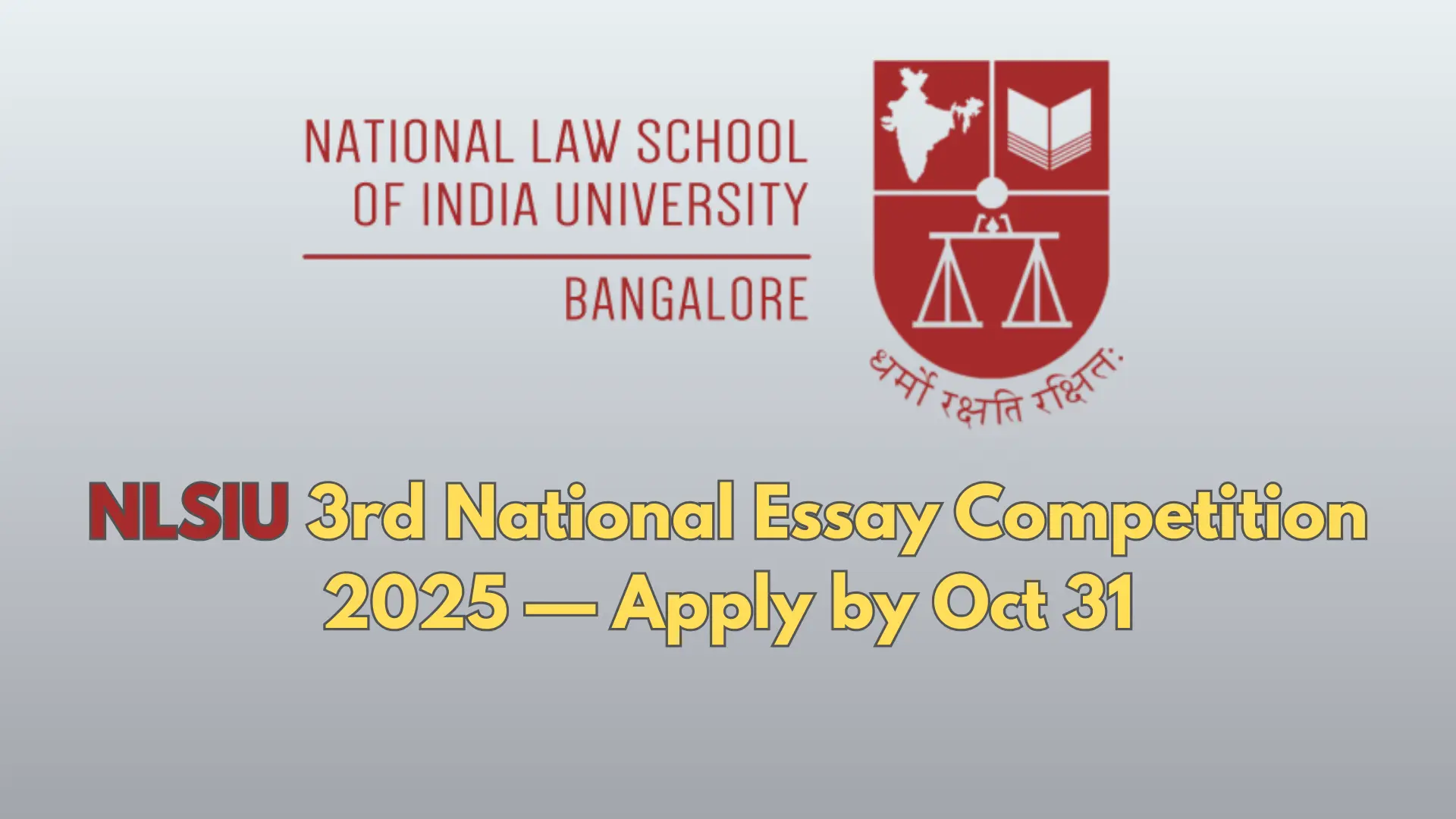At LexSaathi, we believe in empowering law students and professionals to share their insights, research, and perspectives on contemporary legal issues. To ensure every contribution is impactful and maintains our standard of quality, we have curated these ultimate submission guidelines.
1. Originality and Authenticity
- All submissions must be completely original and unpublished.
- Plagiarized content or AI-generated material will be rejected without consideration.
- Bring your unique perspective—we value fresh voices and innovative arguments.
2. Relevance and Impact
- Focus on current legal developments, emerging trends, case analyses, or innovative interpretations of existing laws.
- Avoid content that is outdated or irrelevant to the Indian legal ecosystem.
- Articles should engage readers, provoke thought, or offer practical insights.
3. Check for Duplicacy
- Review lexsaathi.com before submitting to ensure your topic has not been covered already.
- Topics with new angles or perspectives on previously discussed subjects are welcome.
4. Language, Tone, and Style
- Use clear, concise, and professional language.
- Avoid overly technical jargon unless necessary, but explain legal terms for clarity.
- Maintain a formal yet approachable tone suitable for law students, academicians, and legal professionals.
5. Structure and Formatting
- Submissions must be in .doc or .docx format. PDFs, Google Docs links, or handwritten articles are not accepted.
- Font: Times New Roman, size 12 for main text; size 10 for footnotes.
- Spacing: 1.5 line spacing for main text; single spacing for footnotes.
- Use bold headings and subheadings to organize your content.
6. Abstract
- Articles over 2000 words must include a 100–150 word abstract summarizing key points and findings.
- The abstract should provide a quick snapshot of the article’s relevance and conclusions.
7. Footnotes and Citations
- Use a consistent citation style (Bluebook, OSCOLA, or Indian legal citation style).
- Ensure all references, case laws, statutes, and legal sources are accurate and verifiable.
8. Accuracy and Factual Integrity
- Authors are responsible for the accuracy of all information, including legal references, statistics, and case laws.
- Misinformation or misinterpretation of law will lead to rejection.
9. Copyright and Intellectual Property
- Submissions must not infringe any copyright or intellectual property rights.
- Give proper attribution for all quotes, excerpts, and references.
10. Visuals and Tables
- Do not include images or graphics.
- Tables can be used to present data, comparisons, or summaries for clarity.
11. Author Bio and Contact
- Include a short bio: name, designation, institution/organization, and email.
- Optional: add a professional LinkedIn or social profile link for networking opportunities.
12. Editing Rights
- LexSaathi reserves the right to make minor edits for clarity, grammar, and formatting.
- Substantive changes will be communicated to the author before publication.
13. Resubmission Policy
- Rejected articles may be resubmitted after significant revision.
- Highlight all changes made in the revised submission for review efficiency.
14. Word Count and Readability
- Aim for 1500–4000 words for standard articles.
- Use short paragraphs, bullet points, and clear headings to improve readability.
15. Submission Procedure
- Email your submissions to: lexsaathi+articles@gmail.com
- Include the subject line:
Article Submission – [Your Name] – [Title of Article].
16. Bonus Tips for Contributors
- Keep your arguments well-structured and evidence-backed.
- Focus on practical implications of the law, not just theory.
- Articles that spark discussion or provide actionable insights are prioritized.
- Avoid repeating content found in news articles—analysis is key.






